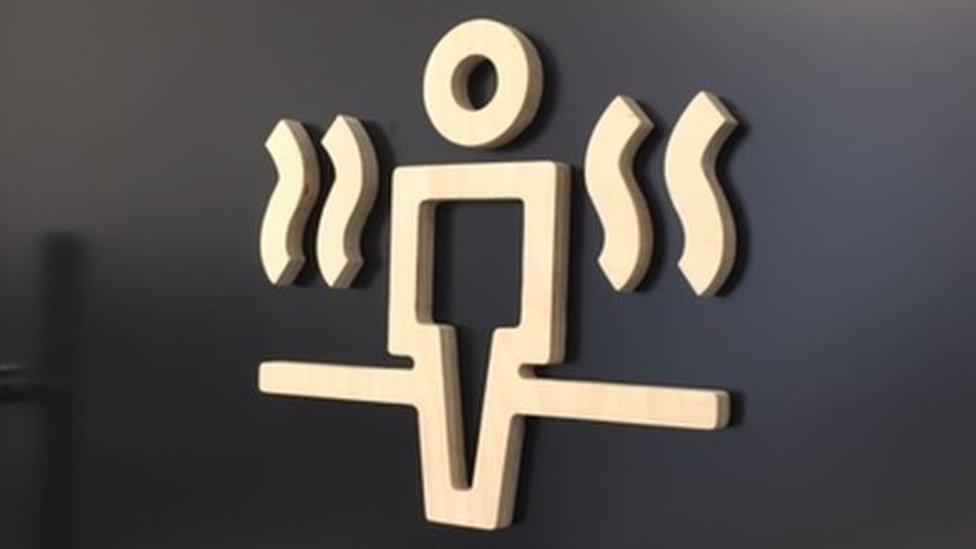Staff more likely to struggle to work than pull a sickie
- Published
Sickness and wages: Do I get paid if I am off work?
UK workers are three times more likely to go into work when ill than pull a sickie, a survey has suggested.
Some 69% of those asked said they had worked when unwell, the report by Aviva UK Health claimed, with many fearing a mountain of work when they returned.
This compared with 23% of those surveyed admitting to having been absent when perfectly healthy.
The survey comes after official figures showed fewer days were lost to sickness last year than any year on record.
The TUC described UK workers as "mucus troopers" after the Office for National Statistics said that sickness absence totalled 137 million working days last year, the equivalent of 4.3 days per worker.
When records began in 1993, the equivalent of 7.2 days were lost.
'False economy'
Aviva's Working Lives report backs up this view of staff attending work when ill. The insurer's survey suggested that two-fifths of private sector employees were worried that their workload would pile up if they were off sick.
It also claimed that having staff in the workplace when they were ill was a false economy for businesses.
"Businesses need to ensure they create a working culture whereby people do not feel pressurised into coming to work when they are unwell, safe in the knowledge their absence can be effectively managed," said Dr Doug Wright, medical director at Aviva UK Health.
"Presenteeism, driven in part by an increased 'always-on' culture, poses a genuine threat to overall business performance through the adverse impact on productivity and morale in the workplace."
- Published6 February 2017

- Published14 May 2017

- Published10 March 2017

- Published14 September 2016
